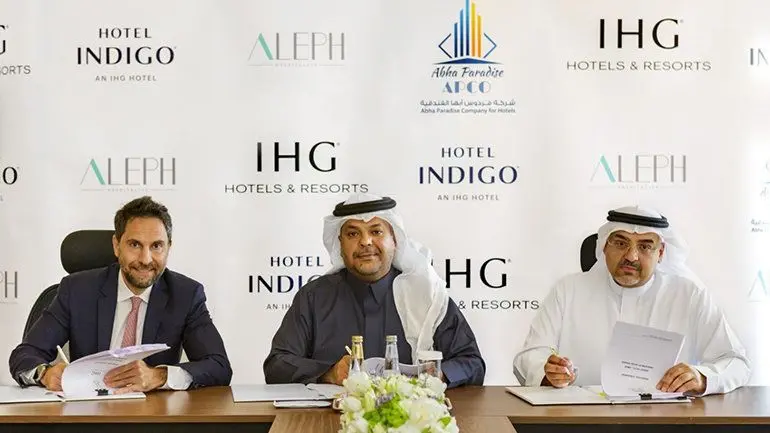GlaxoSmithKline’s malaria candidate vaccine, Mosquirix also known as RTS,S was given a positive scientific opinion by the European Medicines Agency. GSK announced that the Committee for Medicinal Products for Human Use (CHMP) of the European Medicines Agency (EMA) has adopted a positive scientific opinion for RTS,S in children aged 6 weeks to 17 months.
 Following this decision, the World Health Organization (WHO) will now formulate a policy recommendation on use of the vaccine in national immunisation programmes once approved by national regulatory authorities.
Following this decision, the World Health Organization (WHO) will now formulate a policy recommendation on use of the vaccine in national immunisation programmes once approved by national regulatory authorities.
RTS,S, which was developed in partnership with the PATH Malaria Vaccine Initiative (MVI), is the first candidate vaccine for the prevention of malaria to reach this milestone. While other vaccines tackle viruses or bacteria, RTS,S has been designed to prevent malaria caused by the Plasmodium falciparum parasite, which is most prevalent in sub-Saharan Africa (SSA). In 2013, there were an estimated 584,000 deaths from malaria with around 90% of these occurring in SSA, and 83% in children under the age of five in SSA.
The positive opinion for young children was based on the review of data assessing the candidate vaccine’s safety, efficacy and quality. Clinical data submitted for CHMP assessment were mainly from a phase III clinical trial programme involving more than 16,000 young children that was conducted by 13 African research centres in eight African countries (Burkina Faso, Gabon, Ghana, Kenya, Malawi, Mozambique, Nigeria, and Tanzania).

Data from this trial programme demonstrate that over the first 18 months following three doses of RTS,S, malaria cases were reduced by almost half in children aged 5-17 months at the time of first vaccination and by 27% in infants aged 6-12 weeks. At study end, four doses of RTS,S reduced malaria cases by 39% over four years of follow-up in children, and by 27% over three years of follow-up in infants.2 In areas of the highest malaria burden, more than 6,000 clinical malaria cases were prevented over the study period for every 1,000 children vaccinated.2 The efficacy of RTS,S was evaluated in addition to existing malaria control measures, such as insecticide treated bed nets, which were used by approximately 80% of the children and infants in the trial.
Next steps
Following the CHMP positive scientific opinion, two of the WHO’s independent advisory groups, the Strategic Advisory Group of Experts (SAGE) on Immunization and the Malaria Policy Advisory Committee (MPAC) will now jointly review the evidence base for RTS,S and make a joint policy recommendation for how it might be used alongside other tools to prevent malaria in the event the vaccine candidate is approved by national regulatory authorities in SSA. The WHO has indicated that such a policy recommendation may be possible by end of this year.
Following the WHO policy recommendation, GSK will also submit an application to the WHO for pre-qualification of RTS,S. WHO pre-qualification involves a scientific assessment of the quality, safety and efficacy of any new vaccine proposed for introduction in WHO Expanded Programme on Immunization. A pre-qualification decision is used by the United Nations agencies and other large scale public procurement agencies to help inform vaccine purchasing decisions.
Once a WHO pre-qualification is granted, GSK would then apply for marketing authorisation in countries in sub-Saharan Africa on a country-by-country basis. These regulatory and policy decisions would, if positive, enable countries to begin implementation of RTS,S through their universal immunisation programmes.
Both a WHO policy recommendation and WHO pre-qualification are requirements for Gavi, the Vaccine Alliance, to support eligible African countries introducing RTS,S into local immunisation programmes supported by UNICEF.















